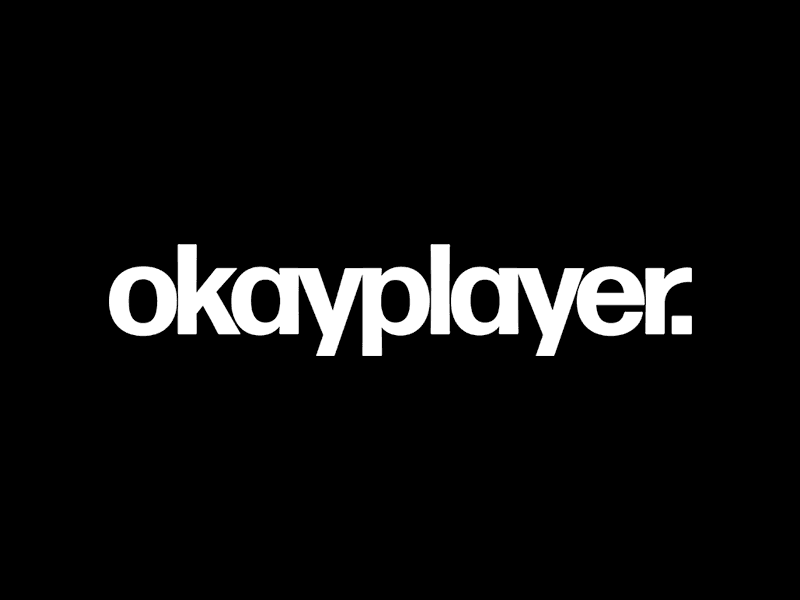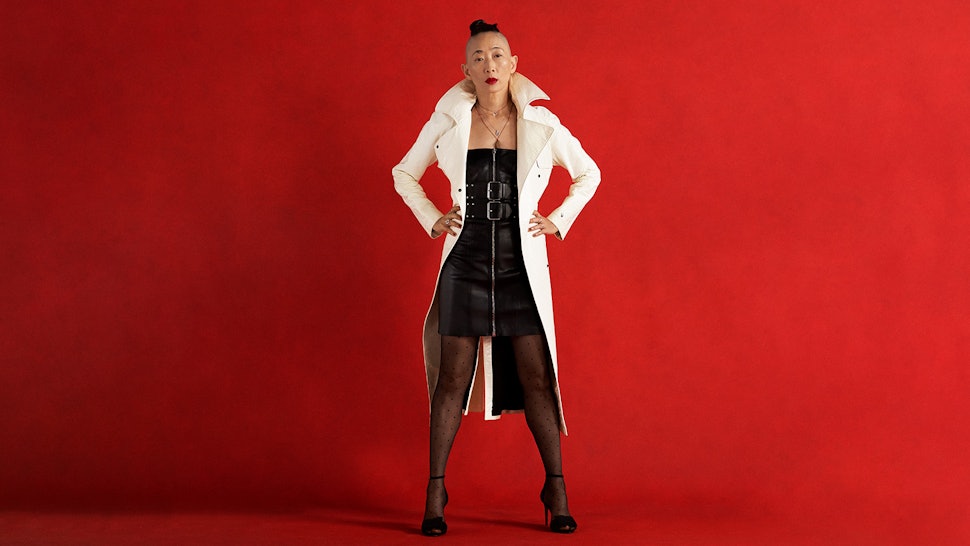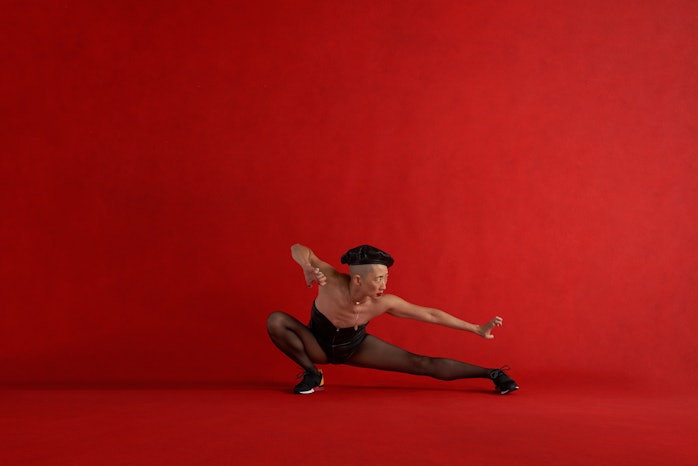
Photo Credit: Gary Gershoff/Getty Images
You left a career in music essentially for love and family.
It wasn’t a conscious decision. It’s not like I sat there and said, “OK Sophia, you’re leaving this world and now you’re going to into that world.” It was a pretty organic transition, and I didn’t really think that hard about it.
One of my editors asked me when I was writing, “Did you ever regret leaving any of those jobs?” And as a personal philosophical philosophy, I do not believe in regret. I don’t experience regret like that. So if I **** up — and I **** up plenty — I am regretful that I’ve hurt somebody’s feelings and then I address it and I apologize. As somebody who is self-analyzing ,self-interrogating, self-critical, and self-renewing, I am constantly taking stock of what it is that I do, how I behave, and how I could have modified my behavior for a better outcome.
That means that once I make that analysis that I am learning something — learning something means that I have gained a lesson. A lesson, to me, is a gift. So I don’t live with regret in general and I never looked back. It wasn’t until I was writing this memoir that I went, “Wow, you know what? I might be a record company president right now.” And there’s no part of me that says “****! I made the wrong decision.” Because it wasn’t just for love that I left. It was also because I believed so deeply in Yan Ming and his vision for building the Shaolin Temple in upstate New York.
Why do you think Wu-Tang hovered towards you in the beginning?
When I met Wu-Tang it was before the album came out, but everybody knew they were going to be huge. We only had to hear “Protect ya Neck” once to know, Oh ****, these guys are going to blow the **** up. So there were hundreds of people around them, all clamoring for access. And here comes this petite Asian, Canadian woman in the midst of them.
They just plucked me out of the crowd and they not only welcomed me, they claimed me. Now why do I think that was? I never had an agenda. I never had ulterior motives. I had [three] things: I was a devoted fan, but there were plenty of those. Number two: I love them deeply as people. And number three: I only ever wanted what was in their best interest. I say in my memoir being embraced by the Clan was amazing because I felt truly seen. And my friend said, “You know, don’t you think it’s possible that they would say the same thing? That when they met you, they felt seen because they were seen in one way. and then here comes Sophia Chang and you just cut through everything and you see them for their humanity?”
The bonus content [on the book] to me is some of the richest content. I specifically asked Ghostface Killa and Raekwon this question, “Why me, you guys, why did you choose me?” And they both put it up to the Most High. They both said “It’s God’s plan, Soph. You were supposed to be there with us.” Ghost was like “You’re like sunshine, Soph.” And Raekwon said “You were a gift to us. You were instrumental in the things that we did.” And I never knew they thought of me that way. I just thought that I was somebody that they loved dearly who was just kind of in the midst.
The other thing that Ghost said is “You never ever changed. Ever.” And Busta Rhymes said this to me last year, he said, “You’re the most consistent person I’ve ever met in hip-hop. We met you before Leaders of the New School was signed. When I had my solo career. When I was up, when I was down. You never changed.”
One of the things I found interesting is that you talk about how you learned about your Asian roots through hip-hop.
I am Asian, and I was born and raised in Vancouver. So I am a yellow girl in a white world. And what I wanted more than anything, when I was a kid, was to be white. And then in 12th grade, I hear “The Message” by Grandmaster Flash and the Furious Five and it’s an amazing song. And of course the lyrics are incredible and the beats are amazing.
I understand now, in retrospect, but I think that one of the things that really struck me was that I was hearing a song about a story about people of color by people of color as opposed to what I saw. Which, when I saw people of color, it was all through Hollywood’s lens, which is a white male lens. And so hip-hop to me was so much about agency in storytelling and defiance and pride. And I never ever seen that before. So that was really regulatory. And then I moved to New York, I get into hip-hop, and I’m very close friends with many of the artists in the Native Tongues movement: De La Soul, Jungle Brothers, A Tribe Called Quest, Latifa, Monie Love, Leaders of the New School. And, you know, they’re part of this Afro-centric movement, which focuses a lot on yearning for a deeper connection to Africa — their motherland.
And so that kind of sparked curiosity in me. And it makes me think about my own connection to my own continent, which is Asia. Korean was my first language. I lost it in my desire to assimilate. I wanted to be white. I didn’t think that Asian men were attractive. At one point. I didn’t like Korean food, like it was just this very broad, really wide rejection of my culture. And then I meet Wu-Tang clan. They were raised in Staten Island and they call their borough Shaolin and their whole ethos on [Enter the Wu-Tang (36 Chambers)] was all about Kung-fu movies and John Woo movies.
So not only am I seeing this really incredible, robust culture of period martial arts movies, but now I’m getting a lens on modern age masculinity through John Woo’s eyes. And you know his muse is Chow Yun-fat and Chow Yun-fat, to me, is like the handsomest man that’s ever walked this planet. That was also regulatory for me. And so their respect for, and reverence and love of Asian culture helped open my eyes to it, but it wasn’t until I met them that I let all of the blocks fall away. It was kind of through the chambers of Wu-Tang that I ultimately came back to myself.
If it wasn’t for Wu-Tang, I wouldn’t have started training in Kung-Fu. I wouldn’t have met Yan Ming. If didn’t meet Yan Ming I wouldn’t have my children. I mean I owe a lot to the Wu-Tang clan.
In the book you talk about the last time you saw Ol’ Dirty ******* and the fact that he just wasn’t present. Was there any part of you that wanted to sugarcoat that story?
One of the things that I think listeners will be struck by is how many times I say “God rest his soul” or “God rest her soul” in my memoir. I’m only 54 years old and other than my father — God rest his soul — who was 80 when he passed, everybody that I lose leaves in an untimely fashion. I think that, yes, naturally it was hard for me to write and it was hard for me to narrate. You know, that’s one of the things that I knew about my memoir, and that it was going to be an audiobook: I insisted that I had to read it I had to be the voice behind the story. Because another reader — let’s say we’d hired a professional actor — they would not have been able to emote the way that I did, especially when it came to loss.
And in terms of sugarcoating things or holding things back, there’s plenty more I could have put in this memoir. I’ve been around famous people for 32 years, but I never intended to write a tell-all. I’m not interested in that. If somebody came along to me today and said, “Sophia, I’ll give you $5 million if you’ll write the tell-all, and you’ll tell us all the dirt on all the famous people you know” I wouldn’t even hesitate, to say no. I have no interest in telling anybody else’s story unless it is part of my narrative.
So when I was shopping my book deal — and it was competitive — there were two things that I said, and I said the same thing when I was looking around for agents: number one is that it’s my voice. I write this ****. I am far from the best writer in the world, but I’ll tell you what, I’m not going to ****ing let somebody else try to capture my voice. Number two: I refuse to write a book about being with greatness, meaning hanging out with celebrities because that is, to me, an exercise in narcissism.
I found Chris Lighty to be a very interesting and mysterious presence in the book. Did you, did you ever feel like you fully understood him?
Yeah. I think I fully understood him, but did I know everything that was going on in his life? No. And I think those are two different things.
I knew who Chris Lighty was, but I didn’t know the burden that he was bearing. I couldn’t say I understand everything that was going on in his life. But I understood Chris. Absolutely I did.




 Reply With Quote
Reply With Quote








